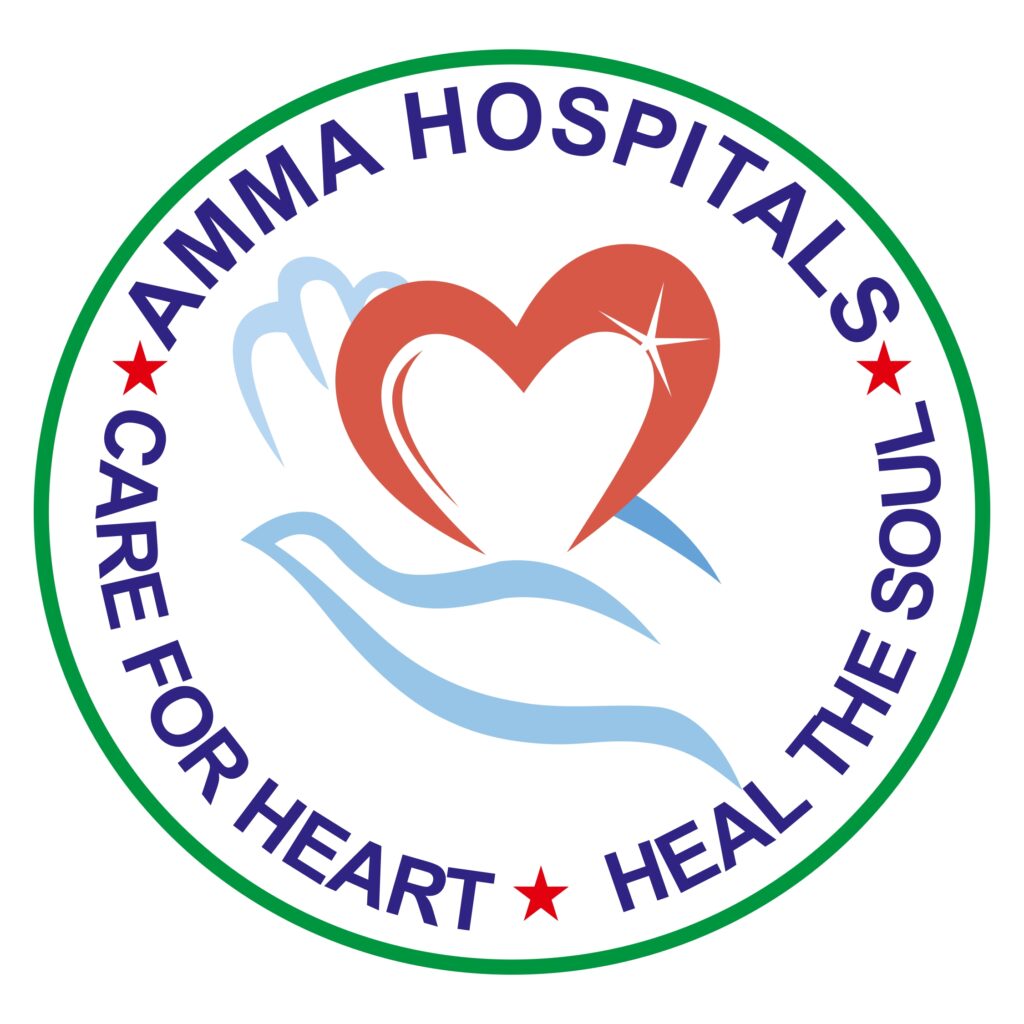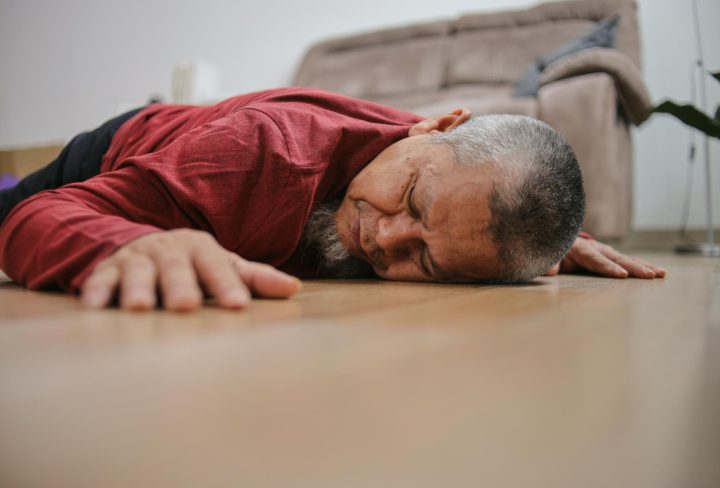Introduction
Cardiac syncope is a sudden loss of consciousness caused by a heart problem. Often, people call it fainting due to heart problems. While fainting can have many causes, cardiac syncope is different because it starts in the heart. For this reason, knowing the causes and symptoms of cardiac syncope is important. Early recognition can help prevent serious complications. In this blog, we will explain what cardiac syncope is, its common causes, and how to spot the symptoms.
What is Cardiac Syncope?
Cardiac syncope happens when the heart cannot pump enough blood to the brain. As a result, you may faint or lose consciousness for a short time. Usually, this type of fainting is sudden and may not have warning signs. Unlike other types of syncope, cardiac syncope is linked to heart conditions. For example, problems with heart rhythm or blocked blood flow can cause it. Because it may signal a serious heart issue, it is important to understand this condition.
Common Causes of Cardiac Syncope
Several heart-related problems can lead to cardiac syncope. Some causes are more common than others. Below are the main reasons people may faint due to heart problems:
According to the American Heart Association, arrhythmias are a leading cause of cardiac syncope. However, any heart condition that affects blood flow can be a risk.
Recognizing the Symptoms of Cardiac Syncope
It is important to recognize the symptoms of cardiac syncope early. Sometimes, there are no warning signs. However, you may notice some symptoms before fainting. These can include:
Often, the person wakes up quickly after fainting. But, because cardiac syncope can be dangerous, it is important to take these symptoms seriously. For example, if fainting happens during exercise or while lying down, it may be a sign of a heart problem.
When to Seek Medical Attention
Not all fainting spells are caused by heart problems. Still, you should seek medical help if you or someone you know:
Early evaluation by a doctor can help find the cause. Sometimes, tests like an ECG or heart monitor are needed. The Centers for Disease Control and Prevention (CDC) recommends seeing a cardiologist if you have unexplained fainting, especially with heart symptoms.
Conclusion
In summary, cardiac syncope is a type of fainting caused by heart problems. It can be a warning sign of a serious heart condition. If you or a loved one experiences unexplained fainting, consult a cardiologist for personalized advice.


